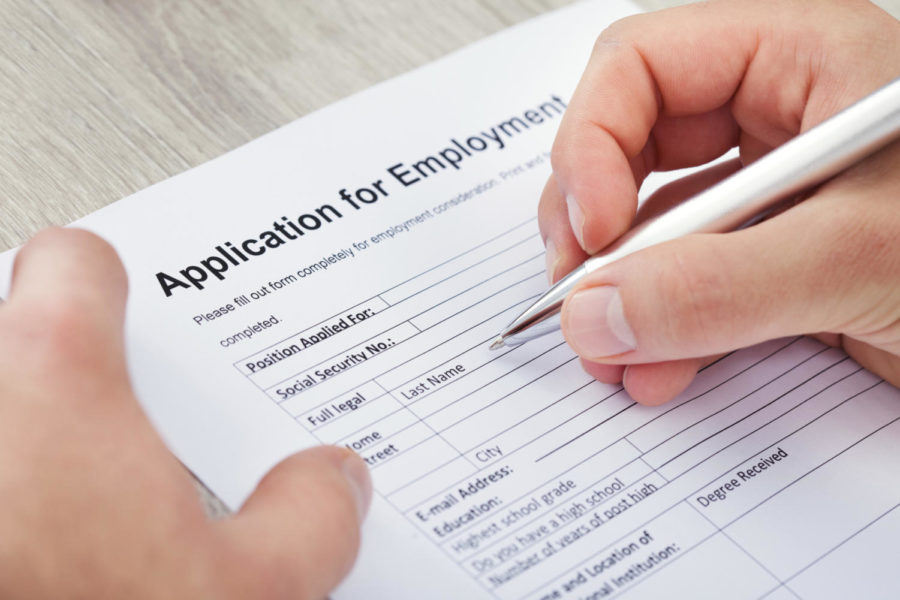Snyder: Support fair chance employment
Snyder
April 27, 2015
The United States is a world leader in countless categories that make living in this nation a more than agreeable circumstance for hundreds of millions of us, but thanks to one particular category, an estimated 70 million Americans see this nation as a steel trap when it comes to seeking employment. Those 70 million Americans are the population of U.S. citizens who have documented arrest records or convictions (for crimes ranging from the innocuous to the gruesome) and hit wall after wall when looking for a job afterward.
There can be no doubt that citizens with clean records should have a leg up when it comes to employment, but a social system that turns out criminals at one of the highest rates in the world needs a plan for getting criminal offenders back into the workforce in order to end the vicious cycle of re-incarceration in the United States.
That cycle, while perhaps unknown to some who find little reason to invest in people who have made mistakes, is easy to explain and should be even simpler to comprehend. Let’s say, as an example, a young man is arrested for a minor offense or even a non-violent offense that carries a mandatory prison sentence. When that person fulfills his punishment and pays his debt to society, he comes out with a mark on his record and little chance of finding a job in the majority of U.S. states that have not adopted “fair chance” hiring policies.
Still, we live in a society where money runs everything and not having it is not a viable option. So now this young man, a criminal as his society has defined him, turns to crime once more in order to support himself or his family because all options for legitimate employment are beyond his reach. That one-time offender has now been forced into a situation where a criminal relapse is one of his very few options and if he served a prison sentence, he will likely find himself behind bars within five years of his original incarceration.
This criminal relapse is referred to as recidivism and occurs when a previously incarcerated individual is arrested for committing another crime. According to a National Institute of Justice study from 2005, recidivism occurs in more than 75 percent of the criminal population within five years.
It is unreasonable to believe more than 75 percent of people who have previously committed crimes are simply destined for a life of crime and outside circumstances or increased job opportunities could not help these individuals set their lives on a different track.
That different track could most certainly have its beginnings with the aforementioned “fair chance” hiring policies that 16 states have adopted, and the most recent industry leader to offer this equal chance to criminals or citizens with arrest records is Koch Industries. Koch, an employer of more than 60 thousands Americans, has removed the question regarding previous criminal status from its job applications. Applying individuals who have a criminal record will obviously have to explain their situation during secondary stages of the job interview process, but removing the initial question on the application increases the likelihood that such a person will make it past the preliminary application stages. In other words, they won’t be written off right away for a mistake in their past and will have a better opportunity to create a better life for themselves and their families.
In an interview with USA Today, Koch Industries general counsel and senior vice president Mark Holden stated the position of the company by asking a simple question.
“Do we want to be judged for the rest of our life for something that happened on our worst day?” Holden said.
I think all of us would want the answer to be no. I think all of us would appreciate the opportunity to forge a better way for ourselves when we are at perhaps our lowest point. These fair chance provisions are not even a guarantee of employment, they are simply a investment in equal opportunity. It is not a leg up, it is much more aptly described as a foot in the door.
Iowa is currently not among the states that enforce any type of “fair chance” employment policies at the state or local government levels, so we have a chance to create positive change and opportunity for people right here at home. The provision can even be adopted at the local government level in places like Ames or Des Moines. If you feel so inclined, take the time to reach out to your local or the state governing bodies and express your support (or dissent because all opinions are welcome) for fair chance hiring policies.







